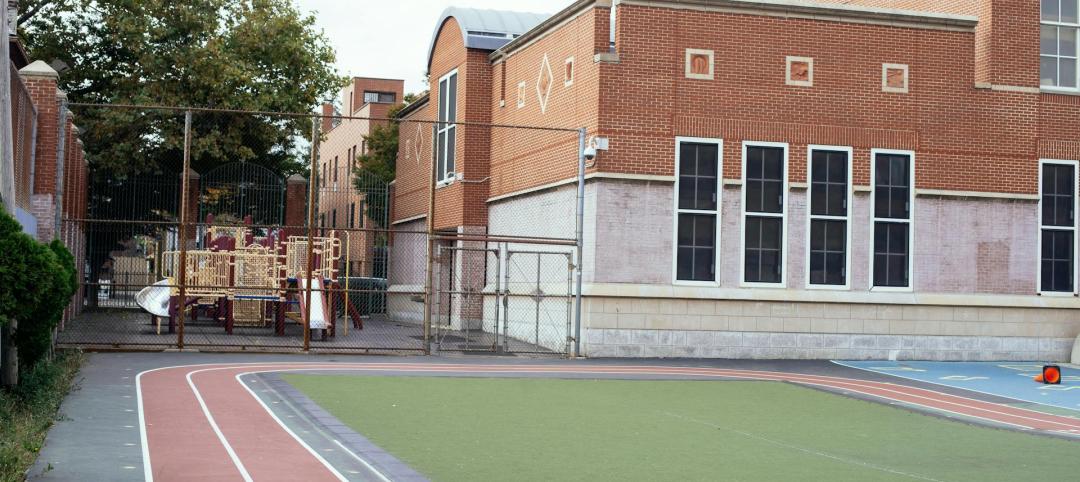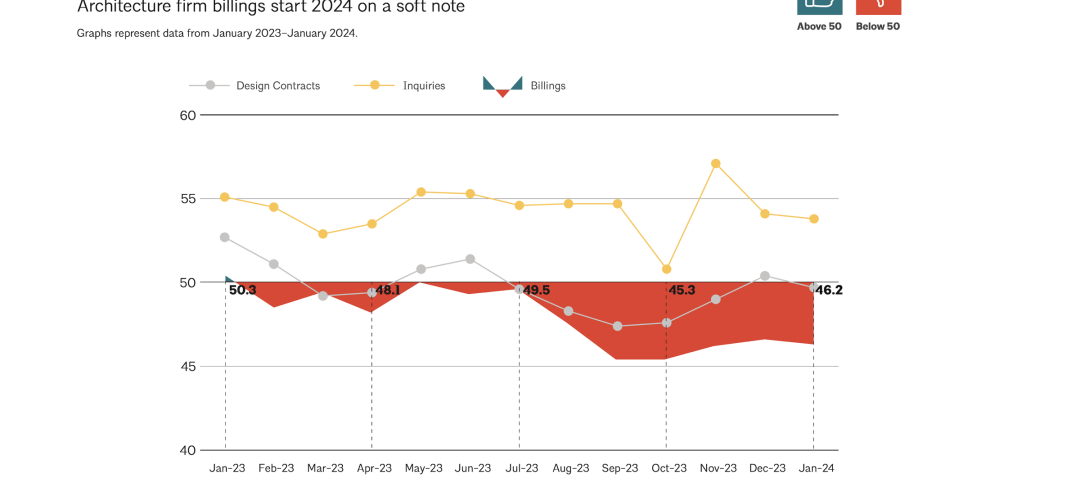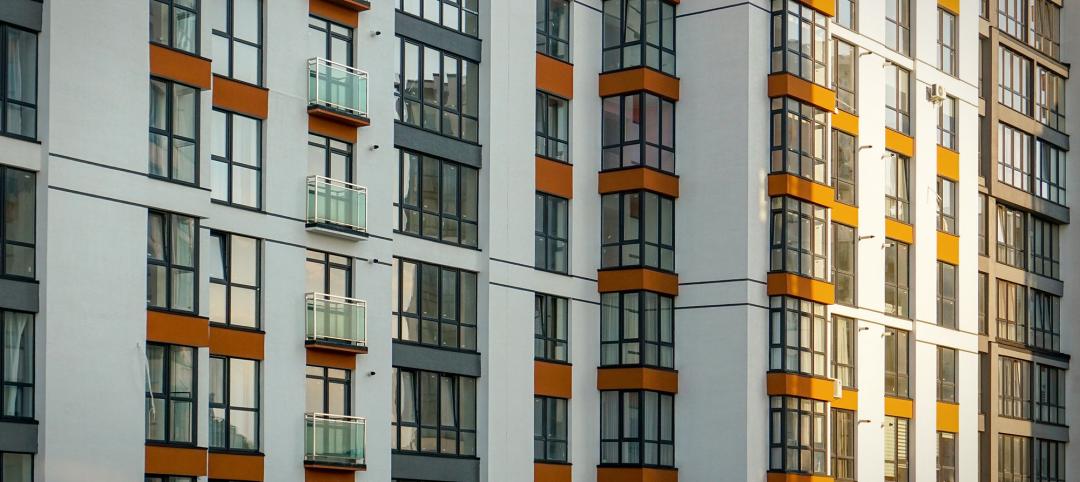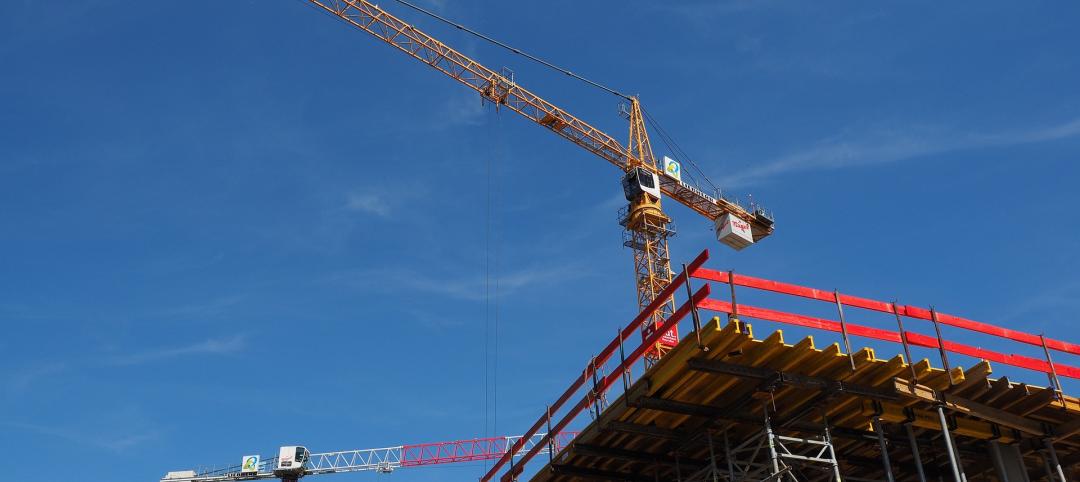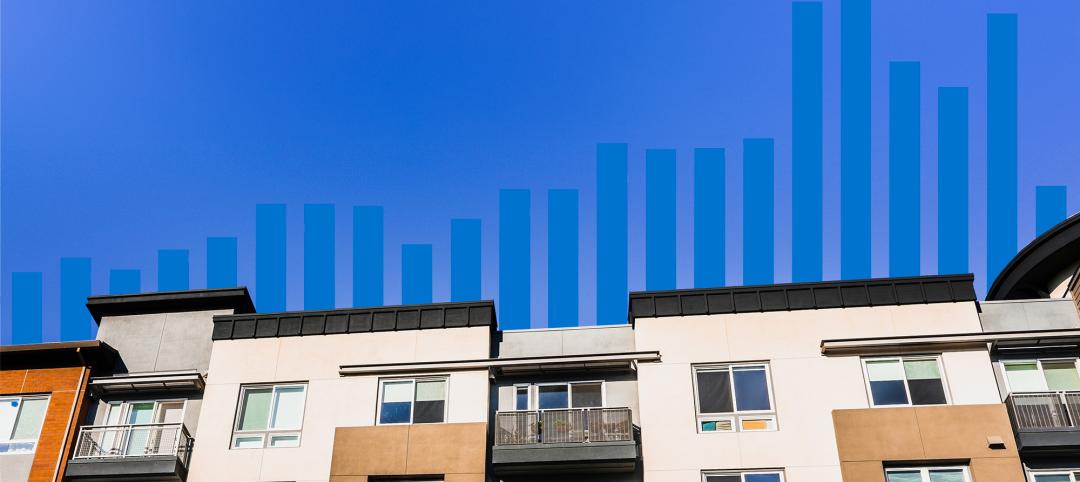Construction employment decreased from March 2020 to March 2021 in 203, or 57%, of the nation’s metro areas, according to an analysis by the Associated General Contractors of America of government employment data released today. Association officials said that the industry’s broader recovery in many parts of the country is being hampered by rising materials prices, supply chain disruptions and project cancellations.
“Nearly twice as many metros have lost construction jobs as gained them in the past 12 months, even though homebuilding has recovered strongly and the overall economy is in much better shape than it was a year ago,” said Ken Simonson, the association’s chief economist. “Nonresidential construction is still at risk of further declines in much of the country.”
Houston-The Woodlands-Sugar Land, Texas lost the largest number of construction jobs over the 12-month period (-31,000 jobs, -13%), followed by New York City (-24,000 jobs, -15%); Midland, Texas (-10,000 jobs, -26%); Odessa, Texas (-8,000 jobs, -39%); and Nassau County-Suffolk County, N.Y. ( 7,900 jobs, -10%). Odessa had the largest percentage decline, followed by Lake Charles, La. (-35%, -6,800 jobs); Midland; Longview, Texas (-24%, -3,600 jobs) and Greeley, Colo. (-21%, -4,100 jobs).
Only 104, or 29%, out of 358 metro areas added construction jobs during the past 12 months, while construction employment was stagnant in 51 metro areas. Seattle-Bellevue-Everett, Wash. added the most construction jobs over 12 months (5,300 jobs, 5%), followed by Indianapolis-Carmel-Anderson, Ind. (4,300 jobs, 8%); Austin-Round-Rock, Texas (4,000 jobs, 6%); Sacramento--Roseville--Arden-
Association officials said that construction firms were being squeezed by rapidly rising materials prices while they are unable to charge more for construction projects amid broader market uncertainties caused by the pandemic. They urged federal officials to ease tariffs on key construction materials – including steel and lumber – to address materials prices and to boost investments in infrastructure to boost demand.
“Construction employment is not going to rebound in many parts of the country while firms are struggling to afford the materials they need to complete existing projects,” said Stephen E. Sandherr, the association’s chief executive officer. “Once federal officials take immediate and effective steps to address both spiking prices and lagging demand, employment levels should rebound in more of the country.”
View the metro employment 12-month data, rankings, top 10, multi-division metros, and map.
Related Stories
K-12 Schools | Feb 29, 2024
Average age of U.S. school buildings is just under 50 years
The average age of a main instructional school building in the United States is 49 years, according to a survey by the National Center for Education Statistics (NCES). About 38% of schools were built before 1970. Roughly half of the schools surveyed have undergone a major building renovation or addition.
MFPRO+ Research | Feb 27, 2024
Most competitive rental markets of early 2024
The U.S. rental market in early 2024 is moderately competitive, with apartments taking an average of 41 days to find tenants, according to the latest RentCafe Market Competitivity Report.
Construction Costs | Feb 22, 2024
K-12 school construction costs for 2024
Data from Gordian breaks down the average cost per square foot for four different types of K-12 school buildings (elementary schools, junior high schools, high schools, and vocational schools) across 10 U.S. cities.
Student Housing | Feb 21, 2024
Student housing preleasing continues to grow at record pace
Student housing preleasing continues to be robust even as rent growth has decelerated, according to the latest Yardi Matrix National Student Housing Report.
Architects | Feb 21, 2024
Architecture Billings Index remains in 'declining billings' state in January 2024
Architecture firm billings remained soft entering into 2024, with an AIA/Deltek Architecture Billings Index (ABI) score of 46.2 in January. Any score below 50.0 indicates decreasing business conditions.
Multifamily Housing | Feb 14, 2024
Multifamily rent remains flat at $1,710 in January
The multifamily market was stable at the start of 2024, despite the pressure of a supply boom in some markets, according to the latest Yardi Matrix National Multifamily Report.
Student Housing | Feb 13, 2024
Student housing market expected to improve in 2024
The past year has brought tough times for student housing investment sales due to unfavorable debt markets. However, 2024 offers a brighter outlook if debt conditions improve as predicted.
Contractors | Feb 13, 2024
The average U.S. contractor has 8.4 months worth of construction work in the pipeline, as of January 2024
Associated Builders and Contractors reported today that its Construction Backlog Indicator declined to 8.4 months in January, according to an ABC member survey conducted from Jan. 22 to Feb. 4. The reading is down 0.6 months from January 2023.
Industry Research | Feb 8, 2024
New multifamily development in 2023 exceeded expectations
Despite a problematic financing environment, 2023 multifamily construction starts held up “remarkably well” according to the latest Yardi Matrix report.
Market Data | Feb 7, 2024
New download: BD+C's February 2024 Market Intelligence Report
Building Design+Construction's monthly Market Intelligence Report offers a snapshot of the health of the U.S. building construction industry, including the commercial, multifamily, institutional, and industrial building sectors. This report tracks the latest metrics related to construction spending, demand for design services, contractor backlogs, and material price trends.



